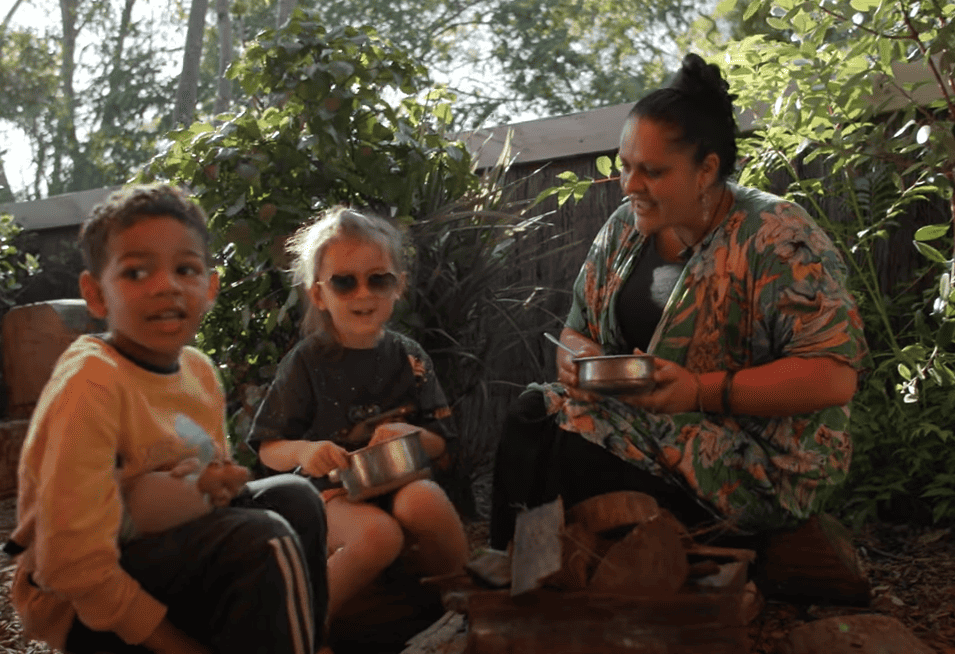theteam@theeducationhub.org.nz
Postal Address
The Education Hub
110 Carlton Gore Road,
Newmarket,
Auckland 1023
Culturally responsive pedagogy can validate children’s cultural identities and enable them to access and engage with the cultural practices of their homes and communities.

In this webinar, Dr Sarah Probine from Auckland University of Technology will share insights from a collaborative project undertaken with kaiako, children, and whānau in six early childhood settings. The project explored how bicultural and place-based approaches can deepen children’s connections to their local environments and strengthen shared knowledge-building across communities.

Dr Tui Summers talks about some of the key principles that underpin kaupapa Māori leadership

Dr Jessica Tupou (Victoria University Wellington) shares insights from her ongoing research into supporting autistic children and the importance of taking a culturally responsive approach

Associate Professor Mere Skerrett from Victoria University of Wellington shares insights into her work on bilingualism and language development in early childhood settings.

Insights from the second stage of the TLRI (Teaching and Learning Research Initiative) study that aims to develop New Zealand’s first Samoan Indigenous framework for Samoan infant and toddler pedagogy.

Dr Lesley Rameka explores how mana can be promoted through kaitiakitanga or active guardianship, as one way of meeting the practice expectations outlined in Te Whāriki.

Key insights from a webinar with Dr Tui Summers from Te Rito Maioha.

Key insights from a webinar with Dr Jessica Tupou.

Using science for children to learn how to protect and nurture their environment.

Engaging in Rongoā Māori in early childhood settings.

Key insights from our webinar on bilingualism with Associate Professor Mere Skerrett.

Key insights from our second webinar with Jacoba Matapo, Salā Faasaulala Tagoilelagi-Leota, and Tafili Utumapu-McBride.